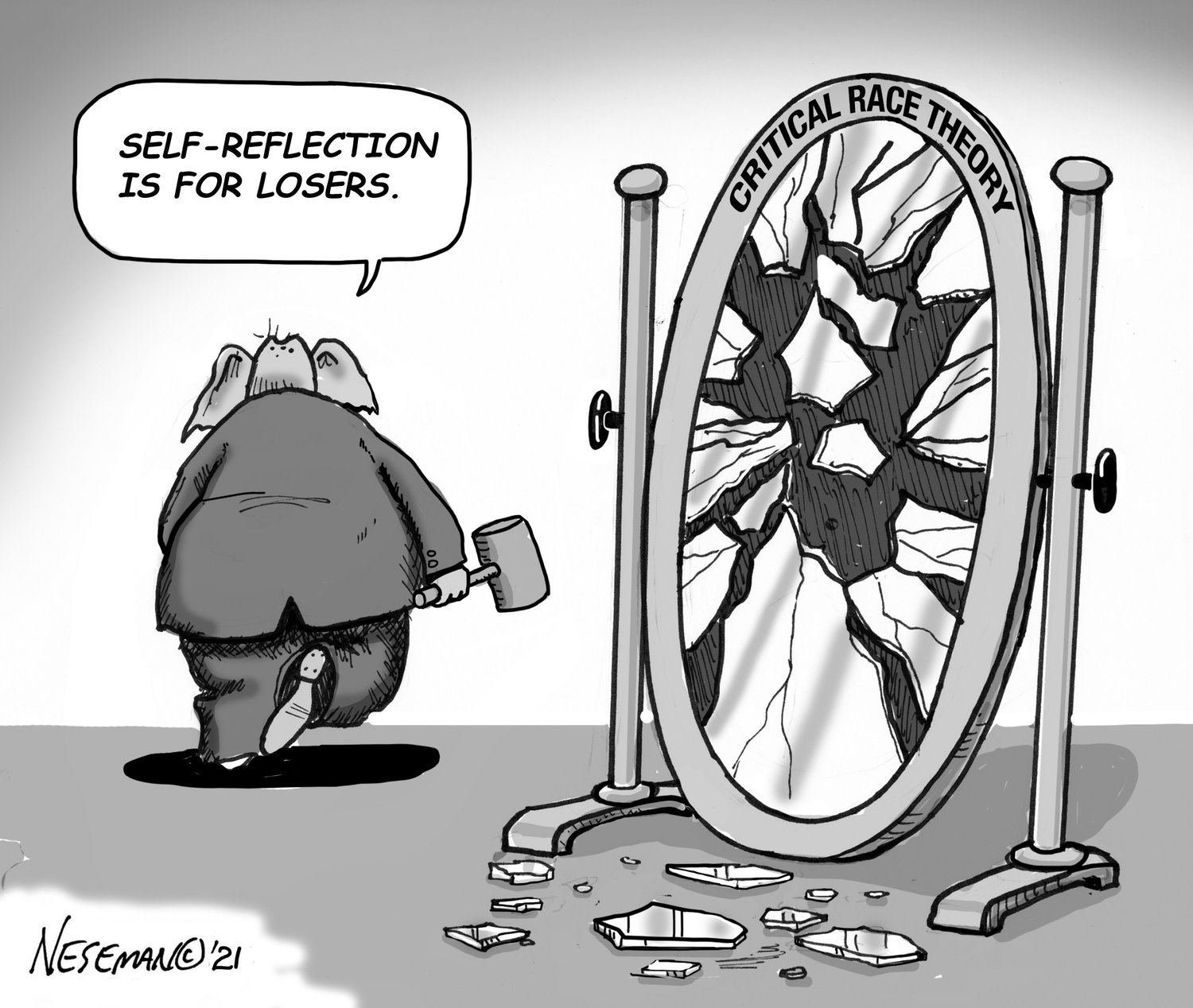Start of a good conversation
Sorry, Al Gore, you didn’t invent the internet. That was Tim Berners-Lee.
The London-born computer scientist developed a way to network different computers with different operating systems among scientists working at the European Organization for Nuclear Research in Geneva, and in the process created the building blocks that would become the World Wide Web in 1989.
Networking computers wasn’t a new concept. The U.S. Defense Department had long established the Advanced Research Projects Agency Network — or ARPANet — which established a data packet-switching system.
It was in 1989 what would become the internet was commercialized, with a huge boost from Berners-Lee, who created the first web browser in 1990.
Berners-Lee had grand imaginations of what instant access and exchange of information could do for society. Any piece of information would be at any person’s fingertips, no matter where they were. The physical borders and oceans that separated all of us would be erased, creating a sort of utopia mankind could only dream of.
But that didn’t happen. Maybe the instant access to information — but not always accurate information. And while borders were indeed wiped away, it wasn’t harmony and bliss that resulted.
In fact, on the eve of his creation’s 30th anniversary, Berners-Lee told The Guardian that while he’s still an optimist, he’s an “optimist standing at the top of the hill with a nasty storm blowing in my face, hanging onto a fence.”
The internet — especially social media — has been great allowing for a diversity of ideas. But it’s also created a polarization at levels we’ve never seen before. And not just with big-ticket issues like Israel or reproductive rights. But even with the smallest things like what sports team you like, or the fact we made a joke about the former vice president inventing the internet.
Elizabeth Niedbala, Defense Department post-doctoral researcher, blamed the echo chambers created by social media. We can take to Facebook or Twitter and repeat our ideas over and over, creating a confidence Niedbala calls “attitude clarity,” she once told the Society for Personality and Social Psychology.
Even more, social media gives us an instant audience of others — many like-minded — who will agree with you, giving you more of a sense that you’re right, creating what Niedbala called “attitude correctness.”
Your opinion could be spot-on, or it could be very wrong. Yet, either way, if someone challenges your position, it’s not just a disagreement. It’s war.
Sadly, that’s what many disagreements have come to. Instead of simply sharing opinions and respecting disagreements, we take offense to anyone disagreeing with us, and we never find common ground.
But we don’t need to be hanging onto a fence in a nasty storm. We can take a step back and just listen. We can even disagree still, and stick to our guns.
We don’t need to hate each other. We just need to remember that in the end, we’re all in this together, and disagreement is the start of a good conversation — not the end.






